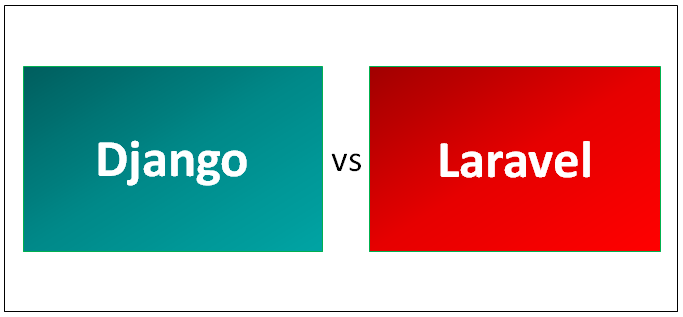
Django vs laravel top differences with examples of use case
Differences -
Types
Django: As discussed earlier, Django is an open source framework which has been embraced by developers all across the world. The Django python comes powered with innumerable plugins, libraries, templates and API for good connectivity and organic upgradation. With respect to coding, it follows the D.R.Y principles or the Don’t repeat yourself code.
Laravel: This is also an open source framework with an easy flowing elegant syntax. The main goal of laravel is to ensure the web development process is rapid and easy. This gives the developers the leeway to make the best code. It also helps in easing out the common tasks like authentication, routing, caching and sessions. It has an impressively expressive migration element, with a closely knit unit testing support.
Programming Language
Django: Django follows the MVT architecture unlike Laravel. If you check the TIOBE programming community index you will learn that python programming language on which Django is developed is in the 4th place and the 2’nd position in terms of popularity of language.
Laravel: Laravel follows the OOP or the object oriented programming approach and Model-View Controller approach. The TIOBE ranking has put PHP programming language in the 7th position and also the 5th most popular language on GitHUb.
Code
Django: It is now common knowledge that coding in Django is complex to use because it doesn’t have inbuilt structure in its routing process to create API.

Laravel: Laravel’s coding is intuiting which makes it easier for existing and new developers to use vis-a-vis Django.

API
Django: You might not be interested in understanding all the functionalities that a back-end framework has to offer and would rather settle for a client rich application that supports RESTful API. Unfortunately Django does not have inbuilt features and in order to build the same features you might have to work your way in the library.
Laravel: The most precious thing about laravel development is that it comes with a built in support for API because the JSON queries return by default.
Learning Curve
Django: Coming to think of it, the learning curve for python is almost non-existent. This makes Django simple and easy to employ. The readability of code is good which puts the developers at a comfortable position.
Laravel: Laravel on the other hand is more intuitive and has a steeper learning curve. The framework will let you master contemporary PHP development especially the ones with data migration, offers articulate ORM composer, REST and much more. There are many resources from which you can master laravel development.
Security
Django: Malicious users, bots and hackers are always waiting to exploit your app’s security. So, when you deploy your app in a completely hostile environment, then it is high time you take this as a serious concern. For Django security is a serious affair. It helps developers to refrain from making usual errors that might badger them in web development. Some instances of this are SQL injection, cross-site request forgery and clickjacking. Django also provides security in the case of managing passwords and user accounts.
Laravel: Laravel application development comes with superior security settings and confirmations. In the case of Laravel web applications are secured through salted hashed passwords. It also has in-built mechanisms which can protect users in XSS attacks, SQL injections, prime vulnerabilities, private information interception, insecure cookies and so on.
Library
Django: Since Django is a “batteries included framework” it has a robust library. There are abundant self-contained packages which also contain several reusable features.
Laravel: Laravel library also is extensive. With such extensivity, you can build any website with it. The documentation is holistic with a video tutorial library of more than 1100 video tutorials.
Companies Which use:
Django: As is known, Django framework is easily scalable and can confer to high traffic demands. Some of the most popular websites that use Pinterest, Instagram, Sauce labs, Mozilla, Udemy, NASA etc.
Laravel: Laravel has some of the best projects that have been built on this framework. Some of the excellent projects built on this framework are 9GAG, Swat.io, Union, Razorpay, Packet and many more. It has become the top preferred frameworks by developers.
Conclusion
Django web application framework supports Python, whereas Laravel supports PHP. The only differences between Django vs Laravel frameworks are that the language they support, and several different features and libraries exist to fulfill different requirements. There exist a lot of pros and cons as well as to understand the differences between Django vs Laravel performance. In terms of scalability, easier development, maintenance, and testing, Django is highly considered where Python also provides faster execution which further improves the speed of the application.
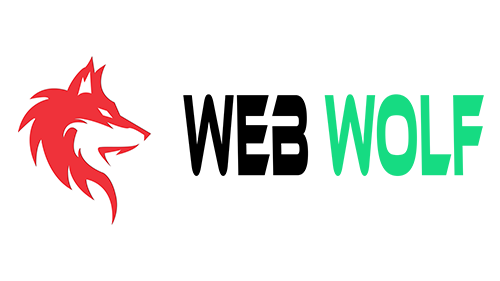
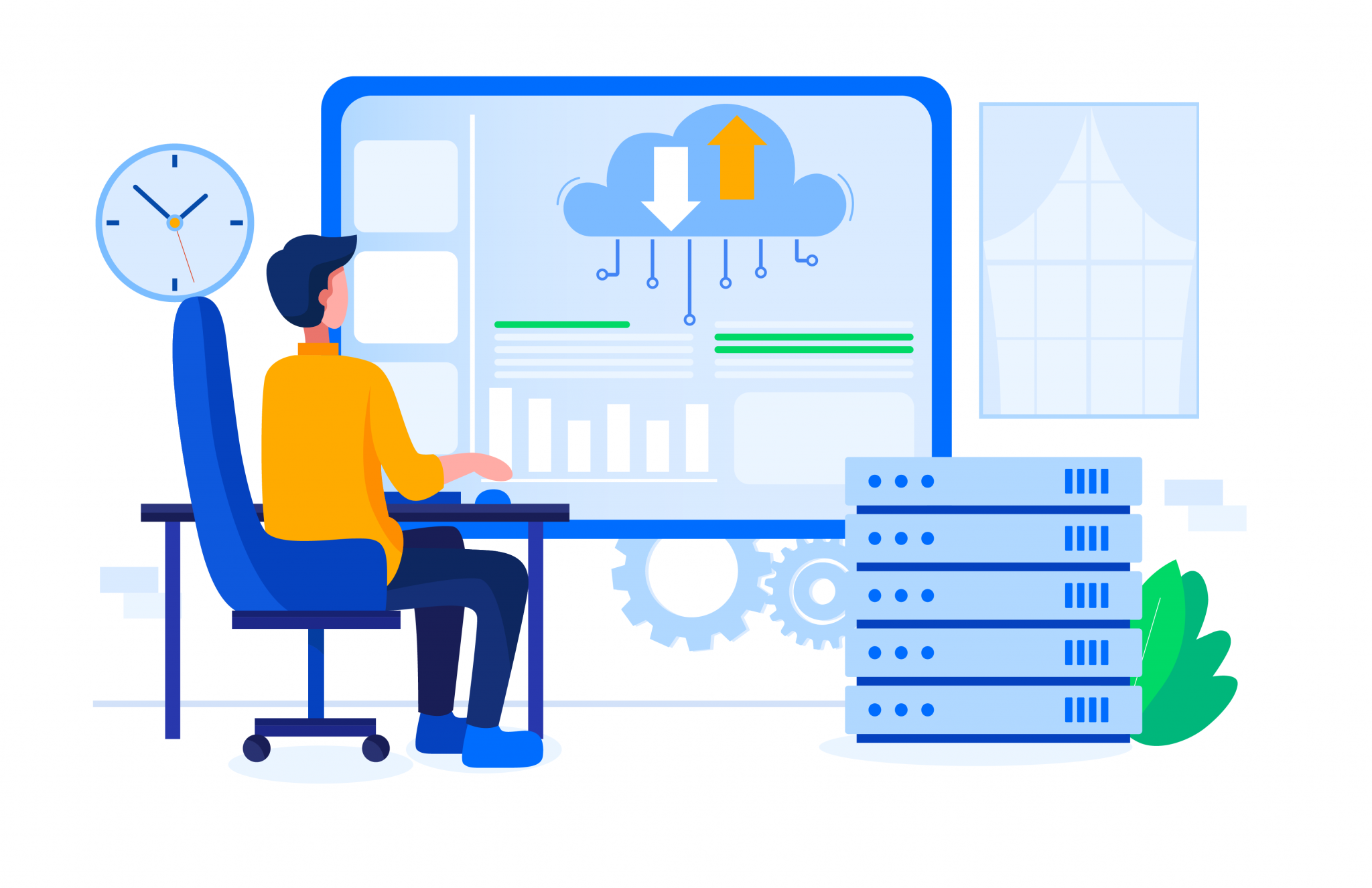
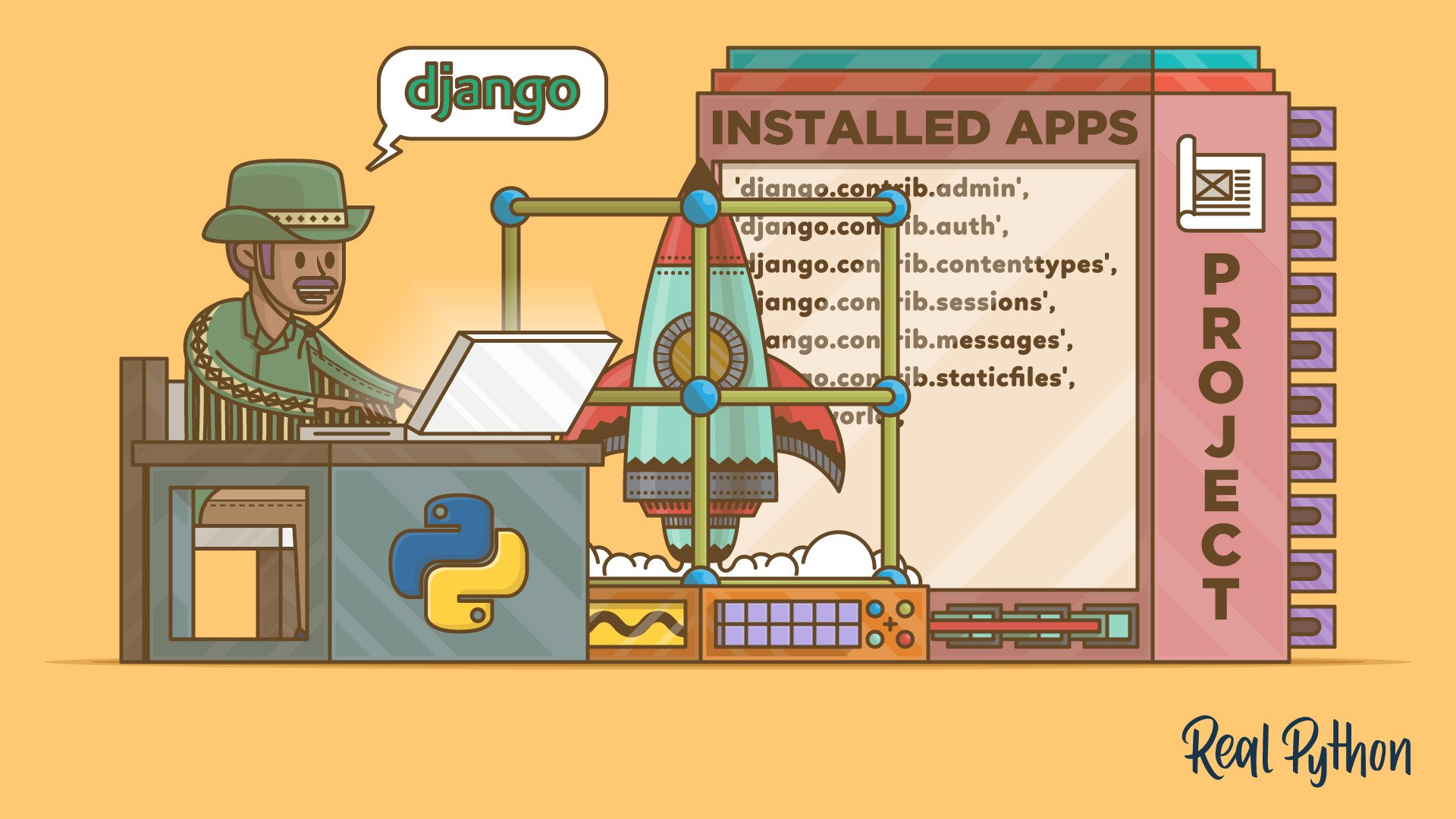
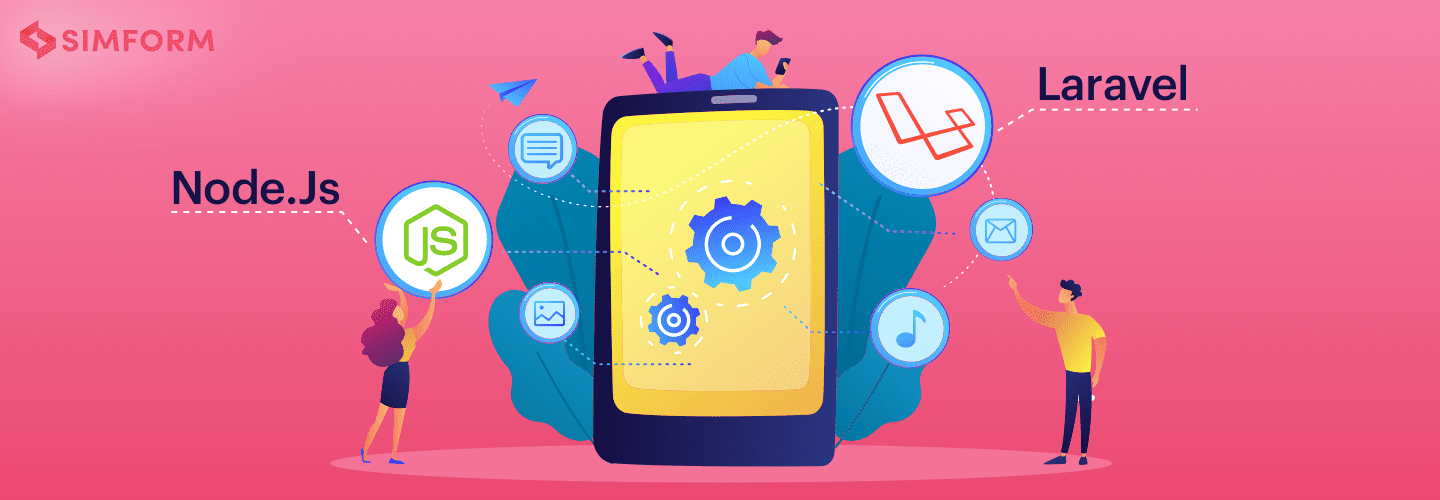
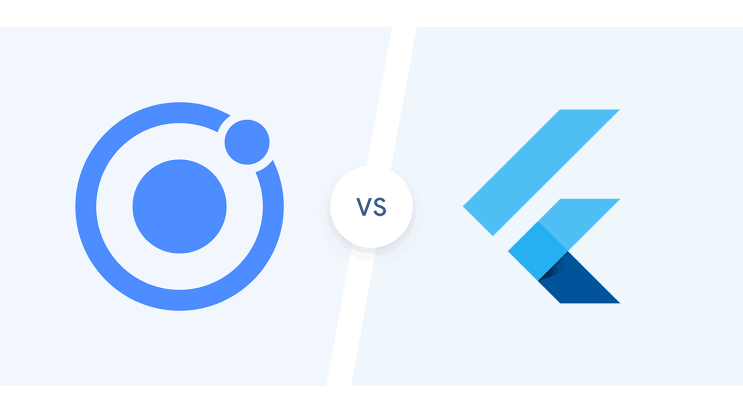

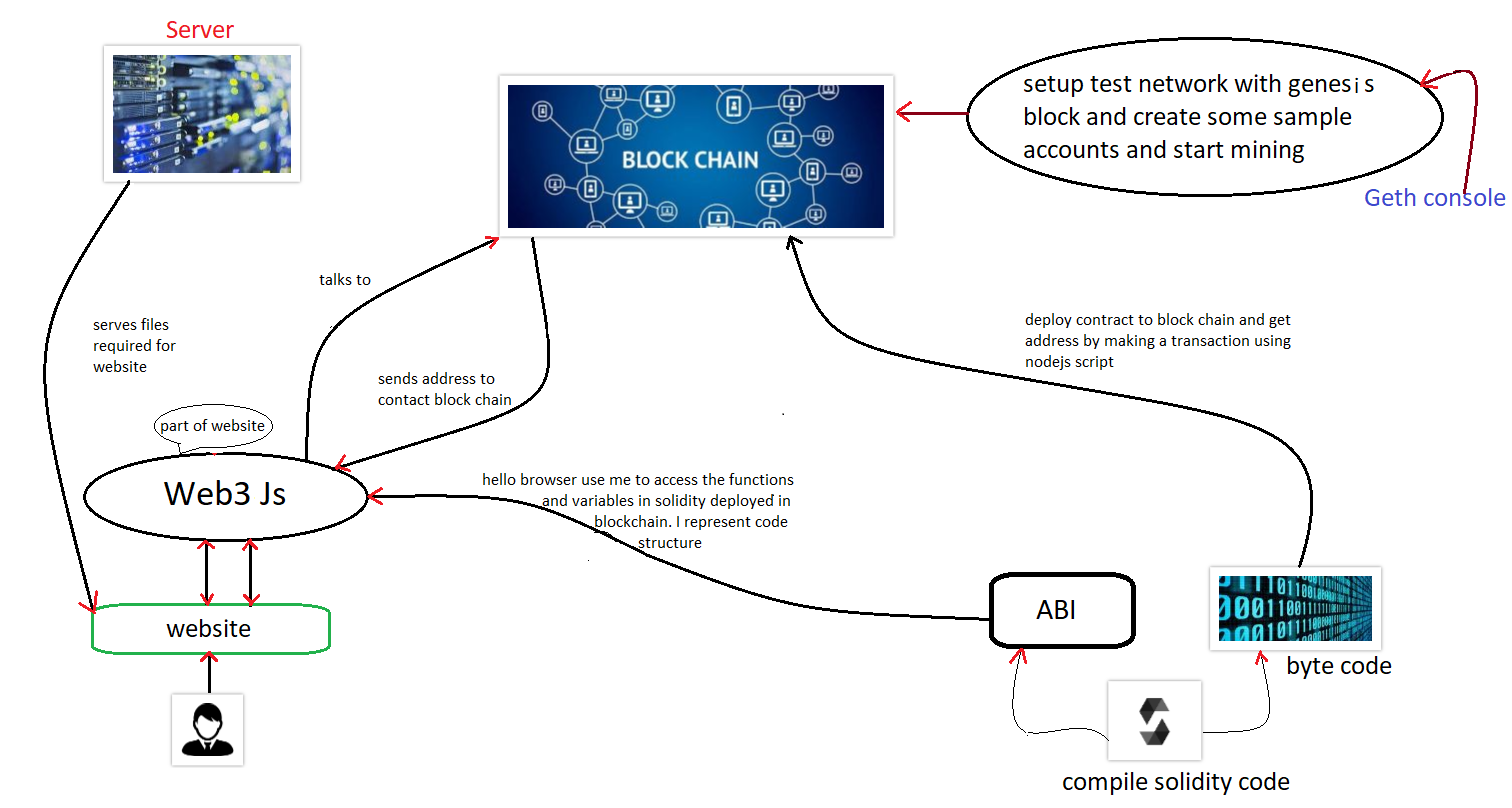
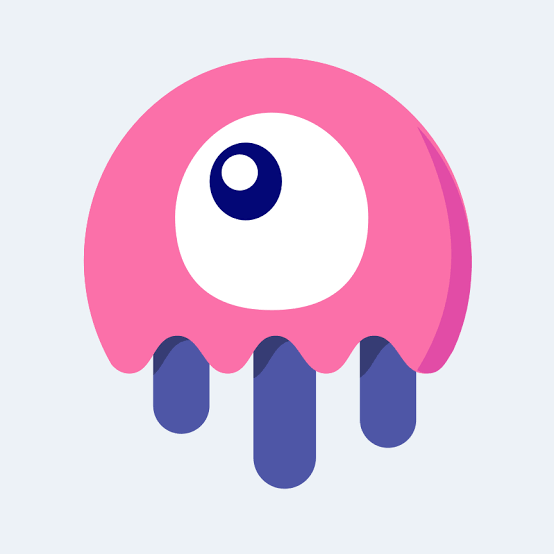
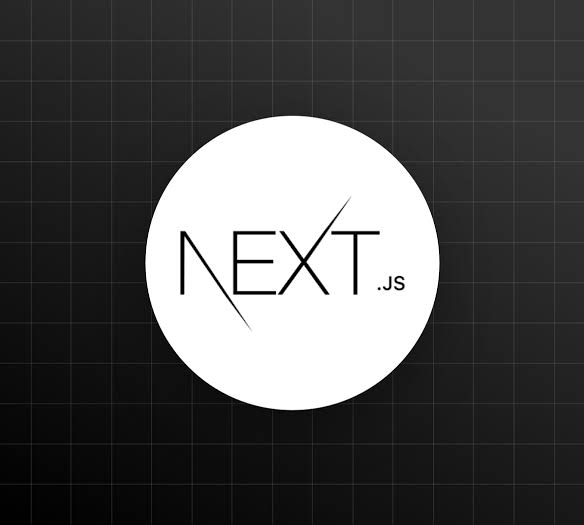
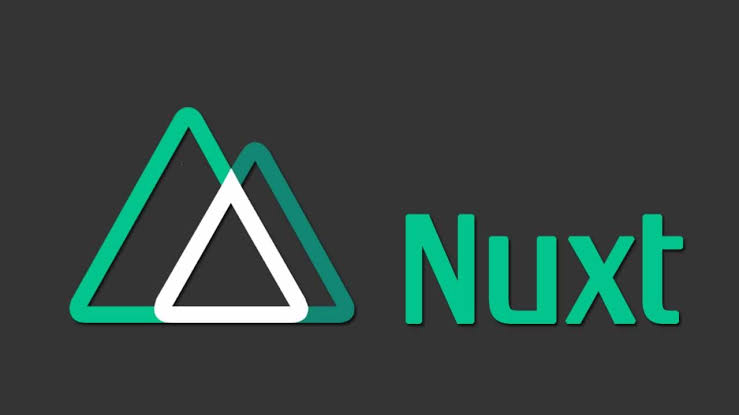
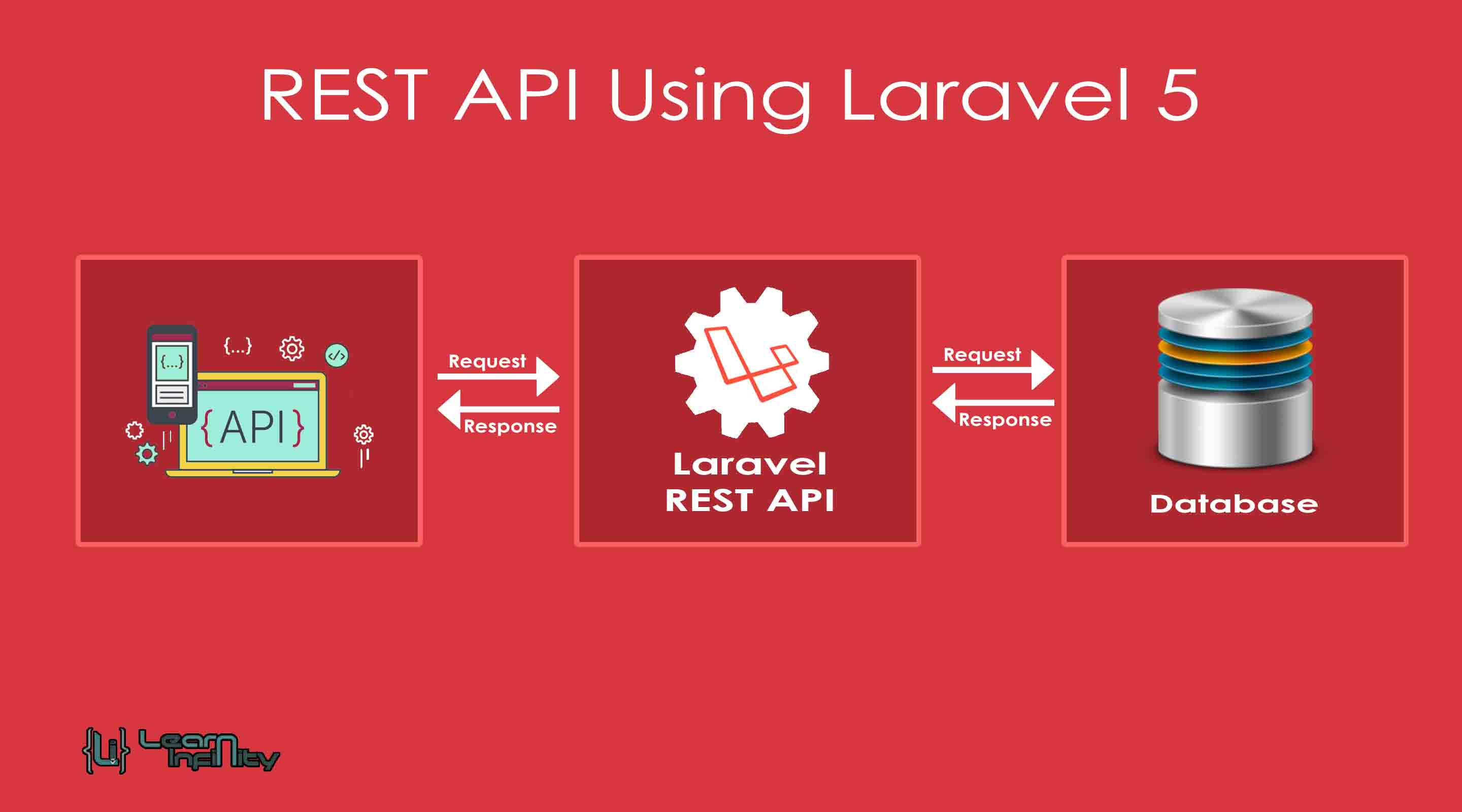
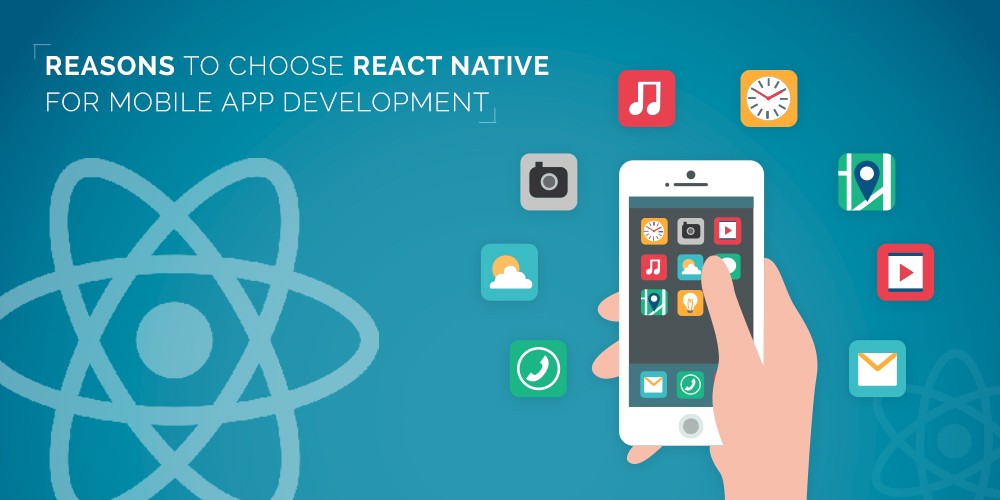
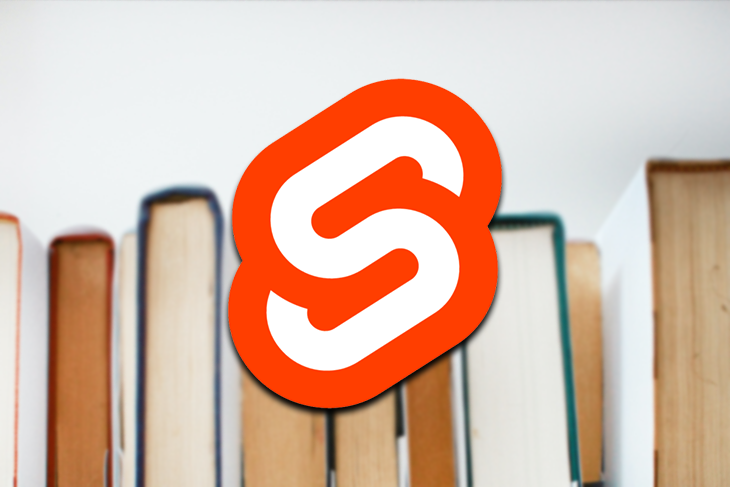
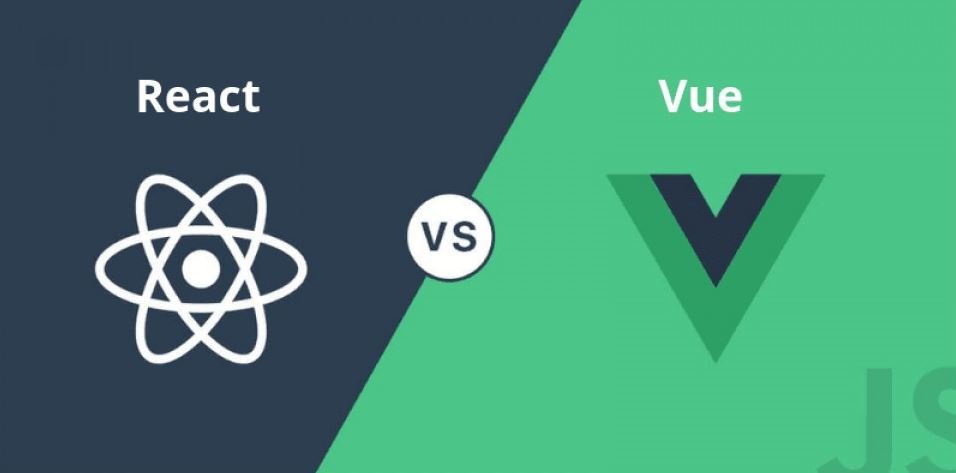
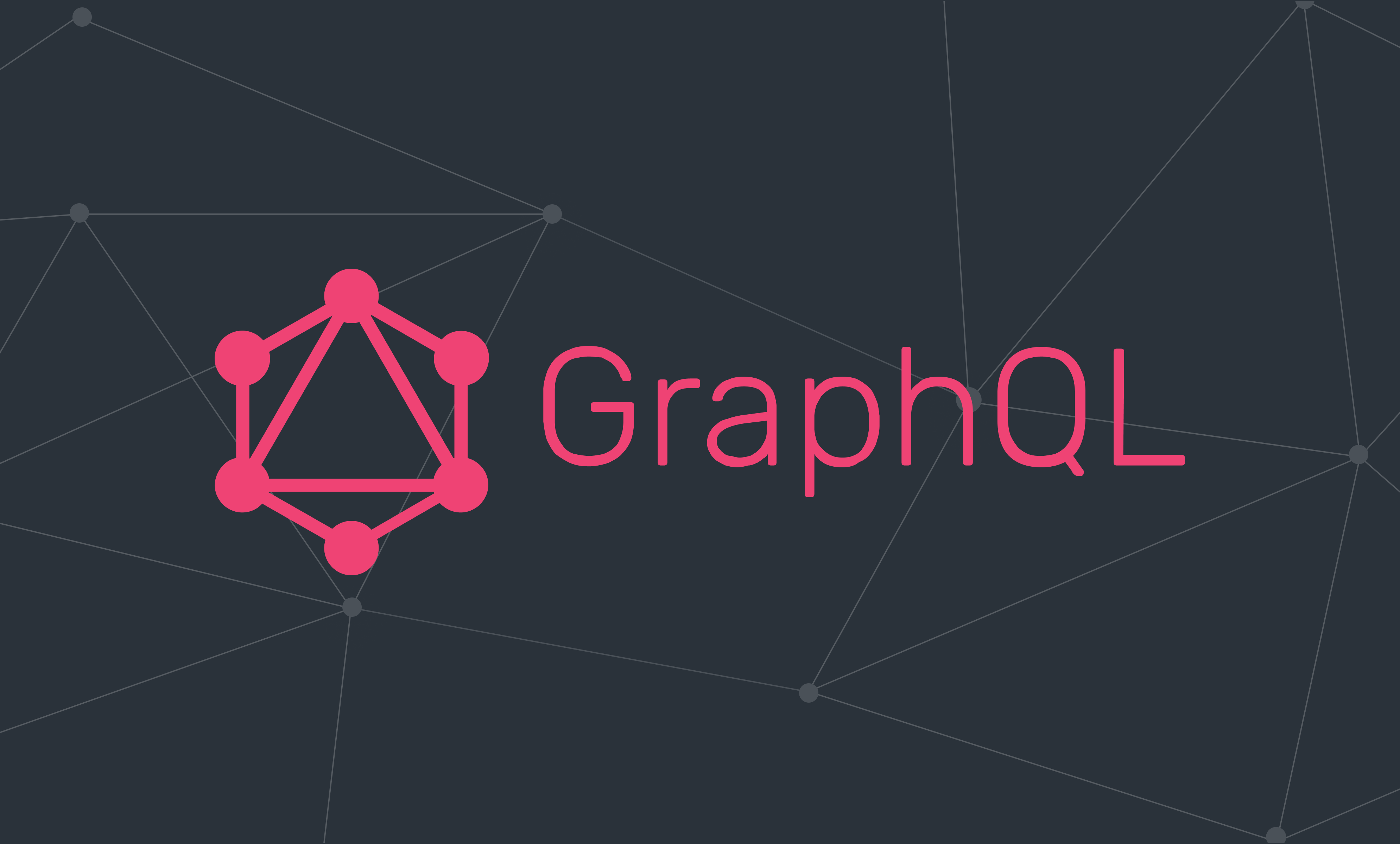
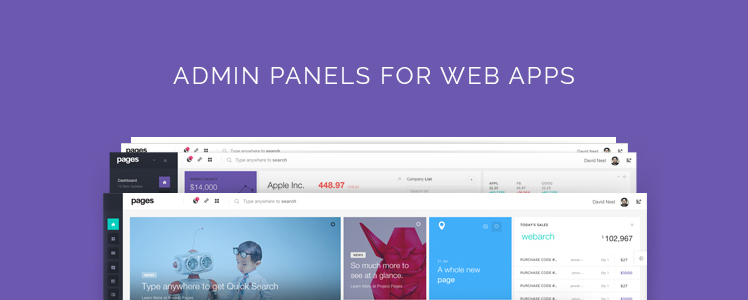

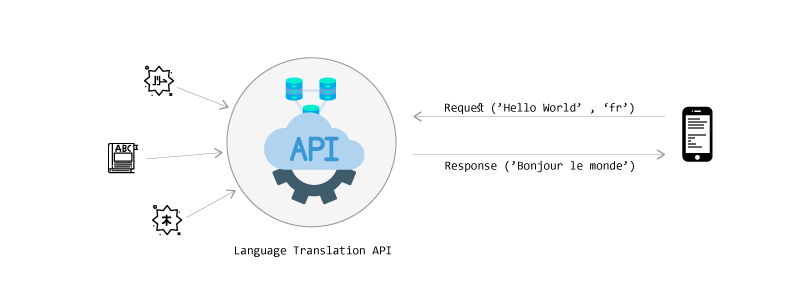
Comments are Turned Off for Now